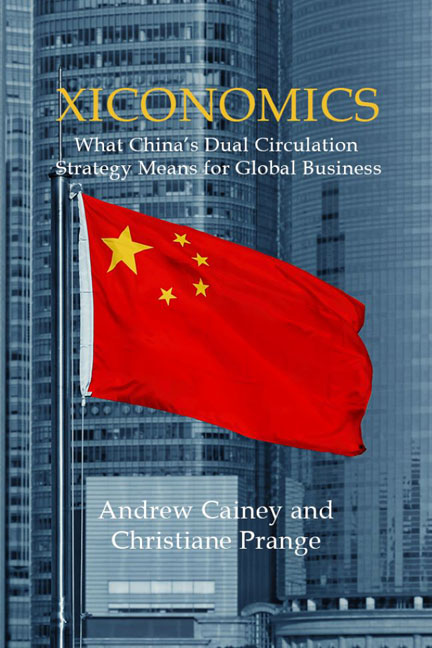11 - Resilience and agility in the face of uncertainty
Published online by Cambridge University Press: 23 January 2024
Summary
Now, more than ever, doing business with China presents uncertainty. This uncertainty is not limited to China alone. How relations between the West and China will evolve is also unclear. Michael Green and Scott Kennedy of CSIS, a Washington, DC, think tank, observe that “global companies that have thrived on doing business with China are not well prepared to adapt to this new normal or to try and stem the tide”. When talking with companies, Green says that he found “an unexpected combination of overconfidence and resignation in their views”. In fact, this may not be so unexpected. Uncertainty evokes an emotional response as often as a push for rational analysis. “Common wisdom from the psychologist's perspective is that people do not like uncertainty, especially about the future, and that it generates a negative response.” Psychologists call this “ambiguity aversion”. Faced with uncertainty, some multinationals understandably take a “wait and see” approach to investment in their China business. For the largest investments, this makes sense in the depths of Covid-19 lockdowns. But uncertainty is not going away, and companies need to decide in order to succeed.
The track record of experts in predicting China's future is not good. “China cannot grow into an industrial giant in the 21st century. Its population is too large and its gross domestic product too small.” So wrote Bruce Nelan in an October 1992 edition of Time magazine under the title “How the world will look in 50 years”. Twenty years later the situation had already changed, with China serving as the “factory of the world”, providing multinational companies with low-cost manufactured goods. In 2014 distinguished Harvard professors Regina Abrami, William Kirby and Warren McFarlan could still pen an article with the title “Why China can't innovate”. Many still asserted that “China [was] largely a land of rule-bound rote learners” that could only imitate, not innovate. The argument was based largely on an assumption that those working within the constraints of an authoritarian regime could not innovate. Eight years later China was producing technology innovations across a range of industries and is likely to move ahead in others before too long.
- Type
- Chapter
- Information
- XiconomicsWhat China's Dual Circulation Strategy Means for Global Business, pp. 159 - 172Publisher: Agenda PublishingPrint publication year: 2023

